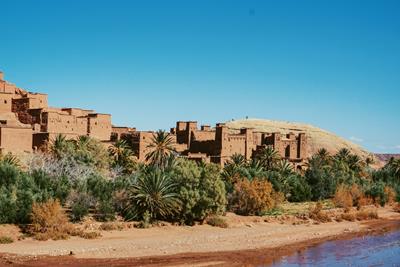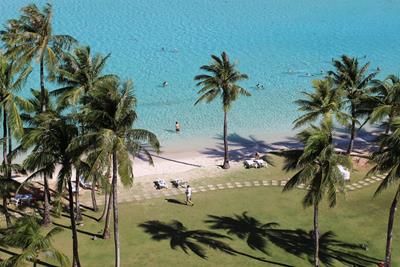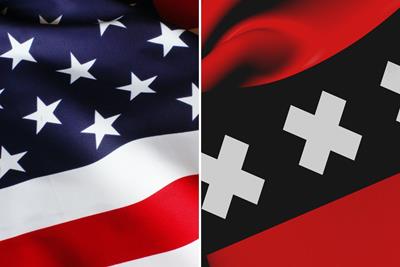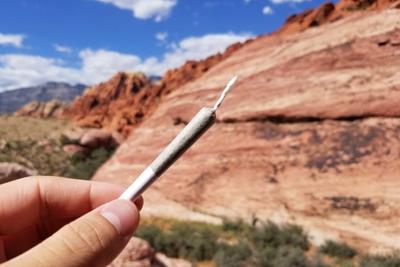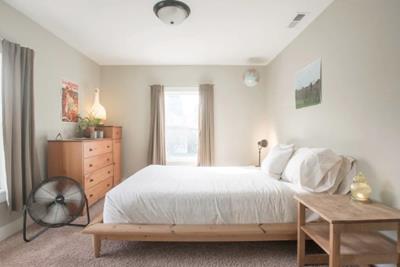
Monday June 12, 2017
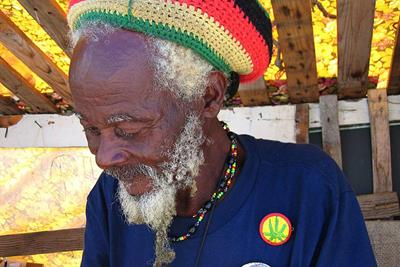 Travel
Travel
For more than 100 years, Jamaica and cannabis have had a troubled, yet symbiotic relationship.
While the Rastafari movement and other local traditions portray cannabis in a positive light, the government has virulently opposed its use. But as popular opinion and economic conditions have changed, the government has relaxed its restrictions, creating new opportunities for locals and visitors alike. These opportunities are likely to grow as Jamaican law and culture accepts cannabis use on a wider scale.
Jamaica and the Ganja Law
Cannabis has been present in Jamaica since the middle of the 19th century, when it was introduced from India. The herb grew quickly on the island, benefiting from the rich soil and warm, tropical climate. Over the next 50 years, cannabis use became increasingly common and was incorporated into many routine cultural practices.
At the same time, the white colonial elite and mainstream Christian churches developed a negative view of the herb, claiming that it led to violent behavior.
At the beginning of the 20th century, the Council of Evangelical Churches in Jamaica, a religious institution associated with colonial elites, began a campaign to criminalize cannabis use. This culminated in 1913 with the passage of the Dangerous Drugs Act, commonly known as the Ganja Law. The law made it illegal to cultivate cannabis in Jamaica or to import it from another country; violators would be subject to a year in prison or a fine of one hundred pounds. These punishments were later increased with the Dangerous Drug Law of 1924, while the Marijuana Tax Act of 1937 reinforced negative perceptions of cannabis use.
The Role of Rastafarianism
Despite the criminal penalties, cannabis use continued in Jamaica and became associated with many of the country’s most celebrated cultural movements. Chief among these was Rastafarianism, a religious movement that seeks to liberate members of the African diaspora and others negatively affected by Western colonialism.
Rastafarians claim that cannabis use can open the mind and expose practitioners to new ways of thinking; this contrasts with alcohol, which they believe undermines human intelligence. Rastafarians incorporated cannabis into their religious rituals, and also began advocating its use in medical settings.
Relaxing Restrictions
Popular activism and the end of British rule contributed to a somewhat more permissive climate in the 1960s and 1970s. The Ganja Law was modified so that fewer actions counted as crimes and imprisonment was no longer mandatory. In 1972, researchers Vera Rubin and Lambros Comitas were permitted to conduct a study on cannabis use in Jamaica.
 Example of a cannabis plant growing outdoor in Jamaica. photo credit
Example of a cannabis plant growing outdoor in Jamaica. photo creditTheir findings influenced drug policy debates throughout the Western Hemisphere. Jamaican farmers also began to export cannabis on a larger scale, helping meet demand for the drug in the United States and other countries in the area. Despite these trends, cannabis remained illegal for most purposes, and farmers had to export it clandestinely.
Decriminalizing the Drug
In 2015, the Jamaican Houses of Parliament voted to decriminalize cannabis. Under the new law, trafficking and possession of the herb is still illegal, but possessing less than 2 ounces of marijuana is considered a petty offense that does not go on one’s permanent criminal record. Citizens are also permitted to cultivate cannabis in their homes, so long as they do not keep more than five plants at a time.
Rastafarians are allowed to use it in religious ceremonies, and citizens can apply to sell medical marijuana to tourists and locals alike.
In decriminalizing the herb, Jamaican legislators hope to boost their country’s level of economic growth. Jamaica is one of the poorest countrie in the Caribbean, with a GDP per capita (PPP) of only $8,990 compared to $11,429 for Dominica, $13,599 for Grenada, and $25,912 for St. Kitts and Nevis. By allowing visitors to purchase medical marijuana, the government is encouraging more tourism, thereby bringing more money to local businesses. At the same time, Jamaican police and prisons will not have to arrest and punish casual cannabis users, saving the government money. This simple step will thus make a powerful contribution to solving Jamaica’s economic woes.
Future Forecast
As local businesses begin making money off legal cannabis sales, Jamaicans are likely to lobby their government to further relax restrictions on the drug. While Jamaica cannot fully legalize cannabis without violating the Single Convention on Narcotic Drugs, it can continue to reduce punishments and recognize more exceptions to its drug laws. Cannabis use will thus become easier in the near future, presenting new opportunities for business, healthcare, worship, and recreation.
Do you think marijuana should be legalized in Jamaica? Why or why not?
Photo Credit: Klaus-J. Kahle (license)



